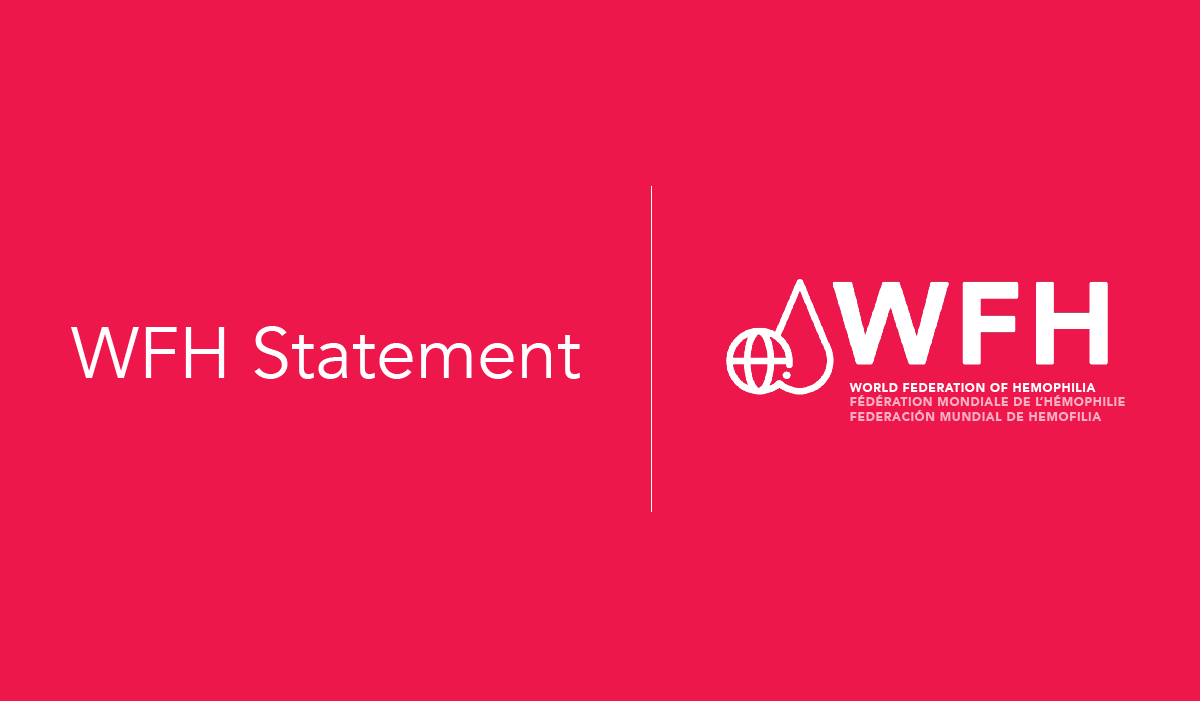Update to WFH Notice: recall of desmopressin nasal spray by Ferring Pharmaceuticals (July 20, 2020)
August 4, 2020
In mid-July, Ferring Pharmaceuticals initiated a voluntary precautionary recall of its desmopressin nasal spray products. At the request of the WFH Coagulation Product Safety, Supply, and Access Committee, Ferring representatives were available to answer questions and provide clarifications on the extent of the product recall.
The following are key points on Ferring Pharmaceuticals’ desmopressin recall:
- Ferring initiated a voluntary precautionary Class II Level B (pharmacy level) recall of its desmopressin nasal spray products following a routine analysis during which a low volume was observed in a vial and subsequent analysis of the solution from this sample generated an out-of-specification result concerning the desmopressin content. (Note: Voluntary precautionary pharmacy level recalls have been implemented in the majority of countries; exceptions include Israel and Singapore, which implemented patient-level recalls.)
- This is a global recall of all batches of Octim®/Octostim® desmopressin nasal spray (5 mg/ml), which is indicated for treatment and prevention of bleeding in mild/moderate hemophilia A and von Willebrand disease. The product is sold as Octim® Nasal Spray in Europe, Octostim® in Canada, and is also marketed and sold as Stimate® by CSL Behring in the United States and under other brand names in other parts of the world. (Note: Octim®/Octostim® has not been recalled in France and Canada by the national regulatory authorities.)
- Ferring’s recall includes all batches of Minirin® desmopressin nasal spray (0.1 mg/ml), which is indicated as antidiuretic therapy in the management of central diabetes insipidus. Minirin® is also sold as Desmospray® in Europe, DDAVP® Spray in Canada, DDAVP® Nasal Spray in the United States, and under other brand names in other parts of the world. This product has a lower concentration of desmopressin and is not indicated for the treatment of bleeding disorders.
- Ferring has carried out a Health Hazard Evaluation, which concluded that use of the out-of-specification desmopressin product could potentially cause adverse health consequences for some patients due to possible increased concentrations of desmopressin in the remaining fluid in the vial. CSL Behring has stated the out-of-specification results to be an elevated desmopressin dose level (155% of the targeted amount) and an elevated amount of benzalkonium chloride (120% of the targeted amount of preservative). Exposure to an increased amount of desmopressin can cause water retention, hyponatremia (decrease of sodium concentration in the blood), and hypotension. Desmopressin should be used with caution in young children and it is contraindicated in children under 2 years of age due to an increased risk of seizure secondary to cerebral edema caused by water retention/hyponatremia.
- To date, Ferring has not seen an increase in adverse event reports related to complications from over-exposure to desmopressin nasal spray. Ferring advises that patients or caregivers with any concerns should immediately contact their treating physician for advice about treatment options. They should not stop their current medication without discussing in advance with their physician.
- As a result of the product recall, there is an interruption in supply; production is halted while Ferring is investigating the root cause and determining corrective actions. At this time, Ferring does not have a timeline for product availability and cannot say when/if Octim®/Octostim® will be available again.
- Other formulations of Ferring desmopressin in intranasal (nasal spray and drops), oral (tablet and oral lyophilizate) and injection formulations are currently available. Availability of these alternatives may differ per country. Due to industry regulations, Ferring cannot directly recommend alternative treatment options or provide medical advice to patients or patient groups.
The WFH understands that some physicians and patients are experiencing challenges and have concerns about the availability of these products and access to alternative therapeutic options. As the scope and implementation of the recall may vary from country to country depending on the assessment and decision by the national health or regulatory authority, patients are advised to consult with their bleeding disorders treatment centre or hospital pharmacist to discuss safe and effective alternatives.
The WFH recognizes the need for accurate and timely information and practical guidance for physicians and patients. We are continuing to investigate the extent and impacts of the recall globally and to seek solutions for our community.












